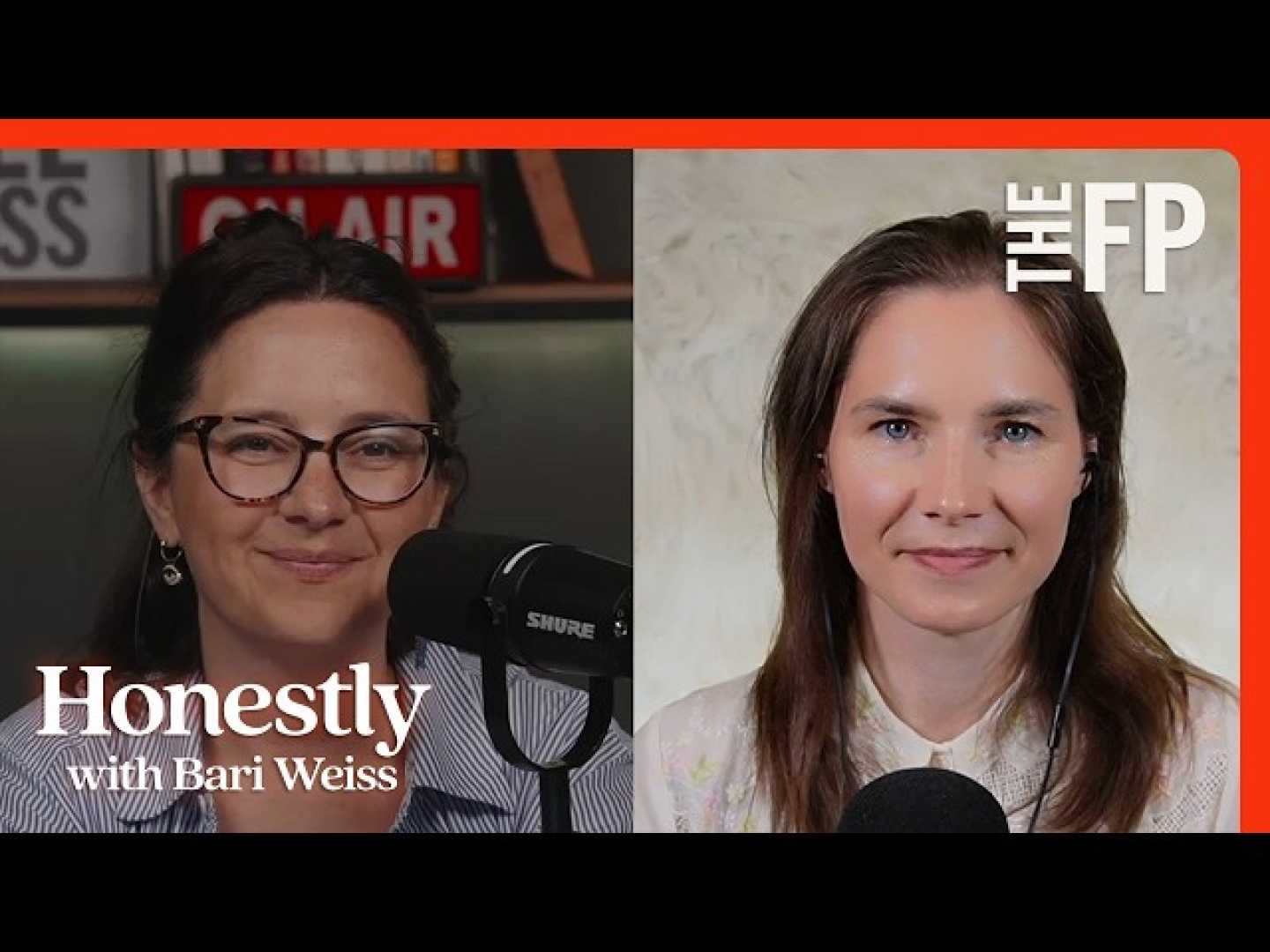News
Amanda Knox Discusses Forgiveness After Her Wrongful Conviction

SEATTLE, Wash. — Amanda Knox, known for her wrongful conviction in the 2007 murder of her roommate Meredith Kercher, is reflecting on her past as she forgives the prosecutor that sent her to prison.
In a recent interview, Knox opened up about her harrowing experience in an Italian prison and the ongoing stigma associated with her case. “It’s been a long journey of healing,” Knox said, recalling the intense public scrutiny and “Foxy Knoxy” persona that made her the target of media sensationalism.
Knox was just 20 years old and studying abroad in Italy when Kercher, a British exchange student, was murdered in their shared apartment in Perugia. Rudy Guede was later convicted of the crime, but Knox and her then-boyfriend Raffaele Sollecito initially faced wrongful charges based on flimsy evidence and dubious police interrogation tactics.
During her ordeal, Knox spent four years in an Italian prison before being acquitted by Italy’s highest court in 2015. The court determined there were significant errors in the initial investigation and trial that led to her conviction.
Despite the trauma she endured, Knox has chosen a path of forgiveness. “I realized holding onto anger only harms me,” she stated, expressing a desire to move forward with her life. Knox has become an advocate for criminal justice reform, urging others to examine how media narratives can impact the judicial process.
Knox’s story has captured the attention of filmmakers, leading to the production of an eight-episode Hulu docudrama titled “The Twisted Tale of Amanda Knox.” Knox co-produced the series, sharing her perspective on the events that transpired.
“I hope this series helps people understand that the media can distort truth,” Knox explained. “It’s important that the real story is told and that we recognize the complexities of justice.” As Knox continues her journey, she emphasizes the importance of compassion and understanding, even for those who wronged her.
In closing, Knox stated, “Forgiveness doesn’t erase the past, but it opens up space for healing.” Her resilience serves as a reminder of the human capacity to forgive and move forward, despite the shadows of painful experiences.












